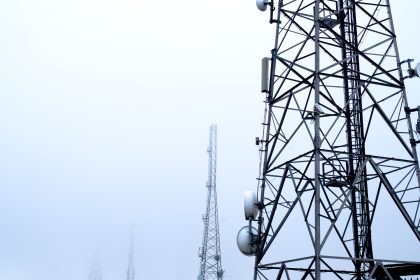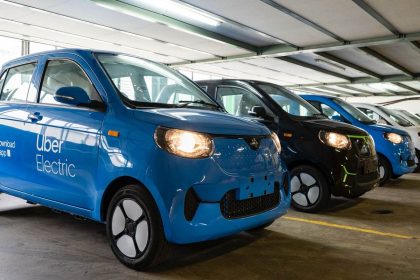The U.S. Department of State is investing $150 million in Zipline, the autonomous logistics giant, to dramatically scale its life-saving drone delivery services across Africa.
This is the State Department’s first pay-for-performance agreement of its kind, tying the release of funds directly to new contracts signed by African governments who must also commit to covering the long-term operational costs.
Why it matters
This landmark deal pivots foreign aid toward a results-driven, sustainable model that champions American innovation and mutual economic growth.
- Massive Reach: The expansion aims to serve over 130 million Africans with on-demand logistics for health products.
- Capacity Tripled: It will triple the number of health facilities Zipline serves to 15,000.
- Job Creation: The expansion is projected to create over 800 high-skilled, high-paying jobs in Africa across logistics, robotics, and A.I. engineering.
- Economic Impact: It’s expected to drive up to $1 billion in annual economic gains by resolving logistics and credit bottlenecks.
The big picture
Zipline has operated in Africa since 2016, already delivering blood and medicines to over 5,000 health facilities.
- The system has already logged over 120 million commercial autonomous miles and completed more than 1.7 million deliveries with a perfect safety record.
- In existing operations, the service has been credited with helping cut maternal deaths by up to 56% and reducing missed opportunities to treat severe malaria by 66%.
Zoom in
Rwanda is expected to be the first country to expand, doubling daily deliveries and building a new flagship testing facility for Zipline’s global hardware and software products.
What they’re saying:
“For years presidents and prime ministers have told me they want the best of what America has to offer: innovation, jobs and 21st century technology to leapfrog into the future. …today, U.S. State Department is making that happen,” said Keller Rinaudo Cliffton, CEO of Zipline.
“By strategically deploying assistance resources to catalyze private capital, incentivize local buy-in, and champion American businesses, President Trump’s foreign assistance agenda is bringing developing economies into the 21st century,” said Under Secretary of State Jeremy Lewin.
What’s next
Expansions are expected in additional countries, including Côte d’Ivoire, Kenya, and Nigeria, leveraging the U.S. support to rapidly scale a proven logistics network.










